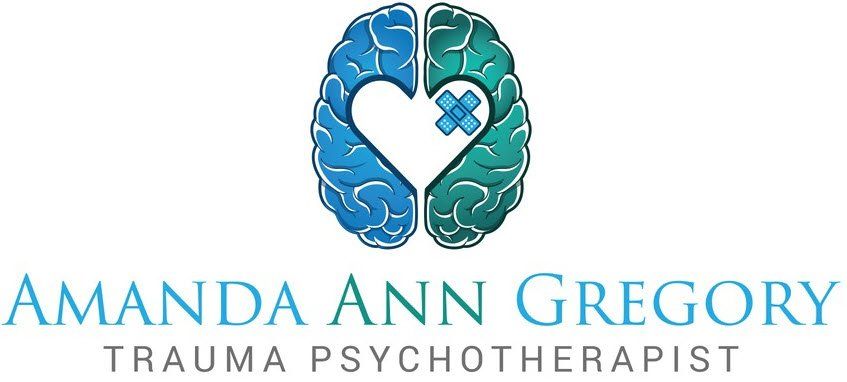Blog Layout
Are Negative Core Beliefs Shaping Your Choices?
I’m not good enough. I’m unlovable. I’m worthless.
No one wants to believe these things. But they are common core beliefs.
Dr. Greensberger and Dr. Padesky state that “core beliefs are absolute statements about ourselves, others or the world.” Core beliefs, they say, are “the deepest level of cognition.” In short, core beliefs are powerful. They dictate our emotions and actions, often without our awareness. These beliefs are created in childhood and reinforced as we grow into adulthood. Some core beliefs focused on ourselves, such as “I’m valuable” and “I’m strong,” are positive and help us to overcome obstacles, manage our emotions, and seek out people and experiences that solidify these beliefs. Negative core beliefs have the opposite impact.
Harboring beliefs such as “I’m not good enough,” “I’m unlovable,” or “I’m worthless” can cause you to feel anxious, depressed, angry, or even numb. Many people who experience intense difficult emotions have found that they have at least one negative core belief. These beliefs can make it harder to overcome life’s obstacles. For example, if you believe you are worthless, you might not ask for help when it’s needed because deep down you don’t believe that you deserve it. If you believe that you are valuable, you are more likely to ask for help, and support from others can make it easier to overcome life’s obstacles.
Negative core beliefs can cause you to seek out relationships and experiences that reinforce those beliefs. For example, if you believe you are worthless, you might be drawn to a romantic partner who shares this belief about you. You might also settle for a partner who is significantly lacking because you don’t believe you deserve better. You might agree to work for a lower salary, give up dreams of traveling abroad, or refuse to take care of your health—all because you don’t believe you are worthy.
Here are a few signs that you may have negative core beliefs:
- You struggle to establish and maintain healthy boundaries with others.
- You experience extreme moods, such as depression, anger, anxiety, or apathy, to name a few.
- You have experienced abuse or trauma, either in childhood or as an adult.
- You experienced disrupted attachment as a child.
- You seek out relationships or experiences that are negative or unhealthy.
- You neglect your physical or emotional needs.
- You find it difficult to speak up for yourself or be your own advocate.
- You engage in self-defeating or negative self-talk (e.g., “You’re an idiot.” “You can’t do it.” “No one likes you.”).
Identifying negative core beliefs can be a difficult process. You may logically know that these beliefs are false. Yet the core part of you, which is often called your instincts or your gut feeling, is where these beliefs live and thrive. I tell my clients that if they believe something in their core/in their gut/on an instinctual level 50 percent of the time, then it may be a core belief.
Here are some common negative core beliefs about the self:
- I’m worthless/defective/inadequate/unimportant.
- I’m unlovable/undeserving/bad.
- I’m not good enough.
- I’m a failure.
- I’m powerless/helpless/vulnerable.
- I’m responsible for everything or everyone.
- I’m abandoned/alone/invisible.
Negative core beliefs are absolutes—they allow no exceptions—which means they are not accurate. If you have negative core beliefs, you can learn to adopt more accurate beliefs. Instead of believing “I’m a failure,” you can embrace the belief I’m successful at some things, which is much more accurate.
Get your Free eBook: 25 Anxiety & Trauma Coping Hacks
Amanda Ann Gregory is a trauma psychotherapist, national speaker, and author who provides specialized speaking engagements for conferences, companies, and communities. Schedule a speaking engagement
and follow on Instagram,
Facebook,
or YouTube.
Greenberger, D., Padesk, C. (1995). Mind Over Mood: Change How You Feel by Changing the Way You Think. New York: Guilford Press.
Gregory, A. (2018). Are Negative Core Beliefs Shaping Your Choices? Symmetry Counseling blog. Retrieved from https://www.symmetrycounseling.com/psychologist-chicago/are-negative-core-beliefs-shaping-your-choices/

By Amanda Ann Gregory
•
20 Apr, 2024
Christianity has never been the prescribed religion of the US. To state that the US is a Christian nation overlooks the rich diversity of religious beliefs and practices that exist and are celebrated in the country. These are six ways in which Christian privilege manifests in the US,
© 2024
All Rights Reserved | Amanda Ann Gregory, LCPC
Design & Consultation by Teresa Lauer, LMHC, GrowYourTherapyPractice.com *

